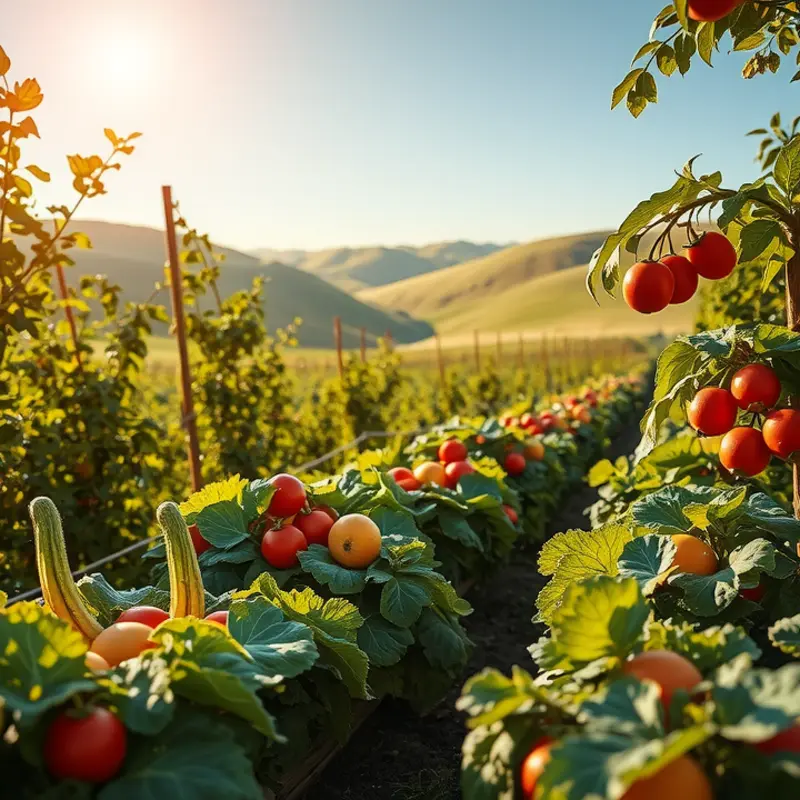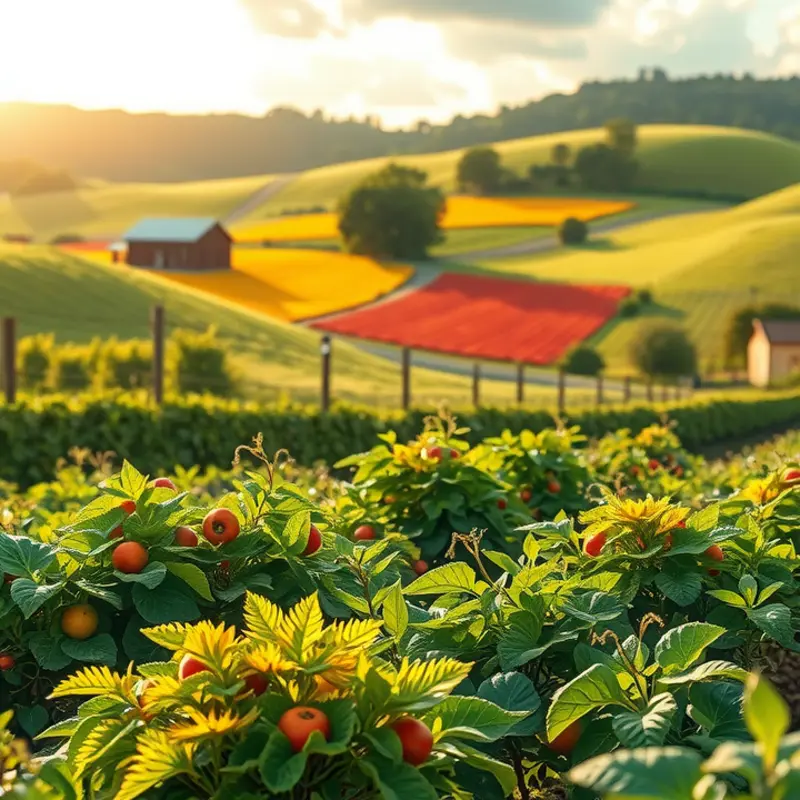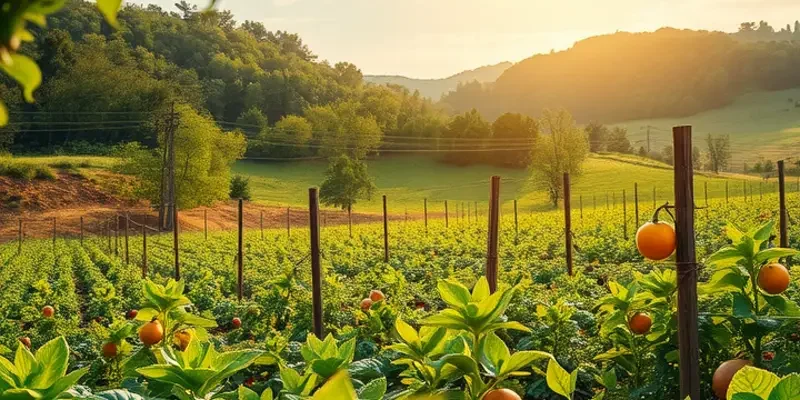Opting for fair-trade foods is more than just a dietary choice; it’s a commitment to sustainable living. By choosing these products, you support ethical farming practices, protect the environment, and promote the welfare of farmers and their communities globally. As environmentally-conscious individuals, embracing fair-trade can significantly impact the food industry and contribute to a healthier planet. This guide will illuminate the principles of fair-trade foods and provide practical tips to integrate them into your lifestyle.
Understanding Fair-Trade: A Commitment to Ethics and Sustainability

Fair-trade is more than a symbol; it’s a commitment to ethical consumerism and sustainable development. At its core, fair-trade prioritizes the welfare of farmers and workers, ensuring they receive equitable compensation for their labor. This principle lays the foundation for numerous socioeconomic benefits that extend beyond individual livelihoods to communities and ecosystems.
One of the primary tenets of fair-trade is the establishment of fair prices. Farmers often fall prey to volatile markets and power imbalances, which can drastically affect their incomes. Fair-trade ensures that they receive a minimum price, providing a safety net against market fluctuations. This stability empowers farmers to invest in better agricultural practices, improving both productivity and quality.
Fair-trade also promotes sustainable agricultural practices. By encouraging methods that respect biodiversity and minimize chemical use, it reduces environmental degradation. This commitment to sustainability ensures that farming communities can continue to thrive long-term, while protecting vital ecosystems. Consequently, fair-trade helps preserve soil health, water resources, and diverse species, essential to maintaining ecological balance.
Moreover, fair-trade fosters community development. With premiums earned, farmers invest in education, healthcare, and infrastructure, contributing to overall social betterment. These investments are pivotal in breaking cycles of poverty, providing future generations with access to opportunities their predecessors might not have had.
Beyond the tangible benefits for farmers and the environment, fair-trade’s impact is felt by conscious consumers who choose these products. Purchasing fair-trade empowers consumers to make choices aligned with their values of ethical and sustainable living. It bridges the gap between producers and consumers, creating a more transparent and trustworthy supply chain.
Furthermore, fair-trade combats exploitative labor practices by enforcing stringent standards against child and forced labor. This aspect ensures humane working conditions, fostering dignity and equality in the workplace. By supporting fair-trade, consumers contribute to a global movement that champions human rights and equitable treatment.
To truly embrace fair-trade, consider integrating it into broader lifestyle choices. For instance, adopting eco-smart kitchen storage techniques not only complements the environmental principles of fair-trade but also ensures that your sustainability efforts in the kitchen are holistic. You can explore more about these techniques in our guide on eco-smart kitchen storage.
By understanding and supporting fair-trade, individuals contribute to a larger, impactful movement. It’s a conscientious step toward reshaping global markets, ensuring that our food systems reflect fairness and sustainability for all involved.
Navigating the Fair-Trade Market: Practical Tips for Eco-Friendly Choices

Integrating fair-trade foods into your daily life may seem daunting, but with practical strategies, you can make conscientious choices with ease. Start by learning to recognize the fair-trade certification labels. These labels indicate products like coffee, fruit, or chocolate have met specific social, economic, and environmental standards. Understanding these indicators helps you make informed purchasing decisions.
When shopping, prioritize local stores and farmers’ markets. These venues often host fair-trade products and allow you to engage with vendors about sourcing and certifications. If your local stores don’t stock fair-trade goods, consider speaking with store managers about expanding their offerings. This dialogue not only helps increase availability but also boosts awareness within your community.
Online shopping can be a valuable resource. Many online retailers offer a wide selection of fair-trade products. Look for websites that specialize in sustainable goods and provide robust information on product sourcing. Reading reviews from like-minded consumers can provide insights into the quality and authenticity of the products.
Incorporating fair-trade foods into your diet requires some creativity. Start by replacing common staples with their fair-trade counterparts. Swap out your regular coffee for a fair-trade option, or choose fair-trade chocolate when baking. Experimenting in the kitchen can lead to discovering new flavors and appreciating the stories behind the products.
Meal planning is another effective tactic. Consider incorporating fair-trade ingredients into your meal prep sessions. By planning use of fair-trade items, you ensure they become a staple in your diet. Check out practical tips on ingredient batching to streamline your process and reduce waste as you integrate these products.
Additionally, keep an eye out for seasonal items. Purchasing fair-trade goods in season supports sustainable farming practices and can be more cost-effective. Seasonal products often have a smaller carbon footprint due to reduced transportation needs and can offer peak freshness and flavor.
Lastly, join or create a community group focused on sustainable consumption. Sharing resources, experiences, and recipes can enrich your journey toward a fair-trade lifestyle. Participating in online forums or local meet-ups can provide inspiration and support.
Through mindful shopping and creative cooking, you can make fair-trade foods a regular part of your diet. These steps not only empower you to make eco-friendly decisions but also contribute positively to global communities engaged in fair-trade practices.
Final words
Choosing fair-trade foods empowers both you and farmers across the globe. By making informed choices about the foods you consume, you’re supporting ethical labor practices, reducing environmental harm, and helping communities thrive. The journey toward a sustainable lifestyle begins with small, mindful decisions—whether it’s swapping conventional products for their fair-trade counterparts or seeking out brands transparent about their sourcing. Every fair-trade item you choose contributes to a ripple effect, promoting ethics in agriculture and fostering a healthier planet. Start making your choices today and inspire those around you to join the movement towards sustainability.








